TV Shows Whose Quality Went Down the Drain After The First Season
Producing a TV show that manages to capture the audience season after season requires clever planning and keen attention to detail. It’s a daunting task as we know it!
There's a certain excitement that comes with a new TV show, and we've all had incidences where we try our best to sit through a second season, hoping it'll live up to its initial hype. But sometimes, no matter how hard we try, it's impossible to finish a show's second season because it lost its way or there was a huge reduction in quality.
We have listed some TV shows that started with much promise but couldn’t retain their zazz after the initial season.
Prison Break
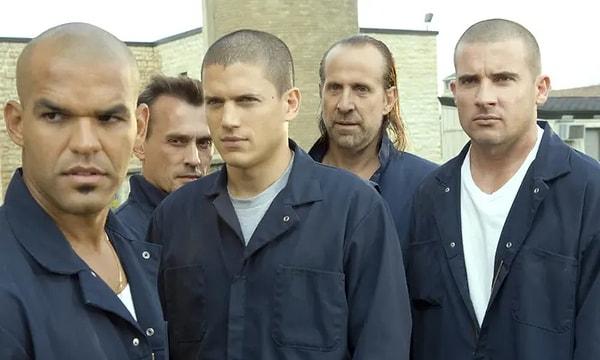
Prison Break took off in 2005 with so much promise. As the name suggests, the show headlined Dominic Purcell (Lincoln Burrows) and Wentworth Miller (Michael Scofield) as two detained brothers. The latter was falsely sentenced, while the former chose to go behind bars to bust out his brother. It was a captivating concept.
However, with the show’s protagonists having escaped prison by the end of season 1, for what reason would Prison Break continue? So the production had to drag the story by making the cast go back to prison, then out again, and in again.
While the second season was tolerable, its ending was inevitably numbing, with the duo being detained again and shipped to different prisons. It took the audience back to the beginning.
Over the seasons, the series writing left something to be desired, and the concept was a little farfetched. Prison Break turned into a bland government conspiracy series. It should have graciously bowed out after its first or second run.
Once Upon A Time
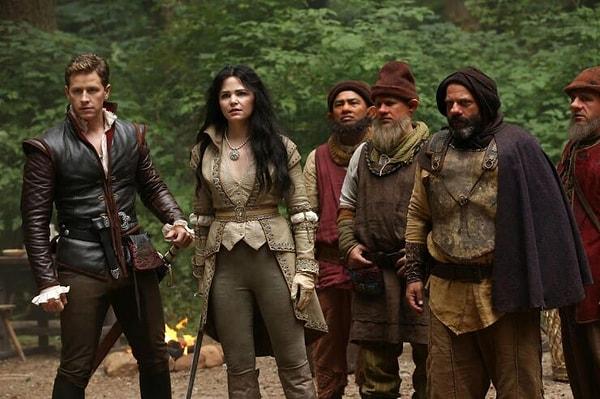
Once Upon A Time is one of the most uniquely crafted shows. Its plot twist and clever plot were intriguing, following Emma Swan, the daughter of Snow White and Prince Charming, whose estranged son Henry takes her to Storyville.
Storyville is a mysterious town trapped in ageless amnesia for 28 years, and its residents are classic fairy tale characters like the Seven Dwarfs, Rumpelstilzchen, Belle, and Pinocchio, among others. Swan discovers that she's part of a prophecy about 'The Final Battle'.
While the audience enjoyed the endless display of classic characters in the initial season, it became problematic over the show's seven-year run. The storyline took a backseat to introduce more recognizable characters such as Captain Hook and The Wicked Witch of the West.
New names were streaming in with each episode while the pre-existing ones were abruptly rushed out. The show’s plot quality started to decline.
Revolution
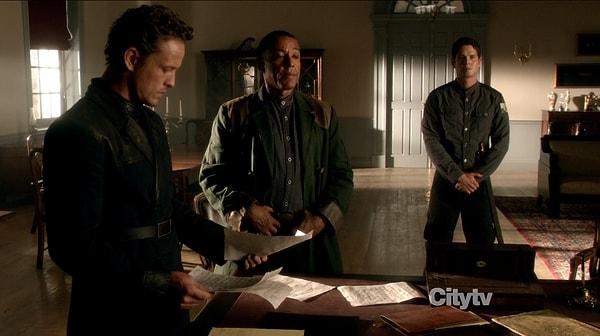
Released in 2012, this post-apocalyptic drama series was exactly what the American audience needed. Set in the near future, Revolution focused on the Matheson family as they strived to survive in a world with no electricity for fifteen years.
With the world's political systems in turmoil, the Matheson family must veer against the Monroe Militia, who want to possess a pendant under the family's ownership. The mysterious pendant is the key to the world's blackout issue. The show's first season captured the audience with the journey to the truth about the pendant and a place called the Tower.
The second season lost the excursion and so much of what made the previous instalment so alluring. The pendants and Tower were placed behind the curtain for nanotechnology and mind control, which didn’t have the same sensation.
On top of that, Monroe Militia was suddenly replaced, and season 2 felt like a reset. With the show's promise slipping through its fingers, NBC eventually pulled the plug.
Riverdale
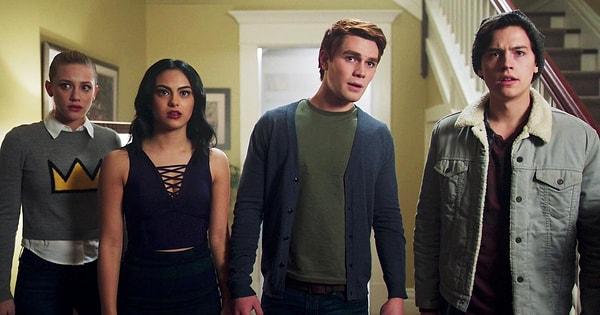
The supposedly dark and gritty remake of Archie was good in the beginning. Riverdale’s cast was a perfect combination of newbies such as Lili Reinhart and KJ Apa and established actors in the teenage drama scene like Luke Perry and Molly Ringwald.
Adding to the show's engaging characters is an interesting plot, that focused on the suspicious events surrounding the death of the town's acclaimed quarterback.
The second season lost its footing by trying to make things weirder and wilder. Over the seasons, it felt like Riverdale's original magic, and intrigue kept fading. Moreover, new characters were introduced at the last minute, throwing everything off balance.
Later seasons saw Archie and cults being ridiculously attacked by a bear. Anyway, Riverdale's shocking moments and the convoluted story managed to lure viewers for six seasons. Its seventh and final season was renewed earlier this year and is set to land in 2023.
Critics and fans completely agree that a seven-season run is more than enough, and it's about time that the show got it over with.
Star Trek: Picard
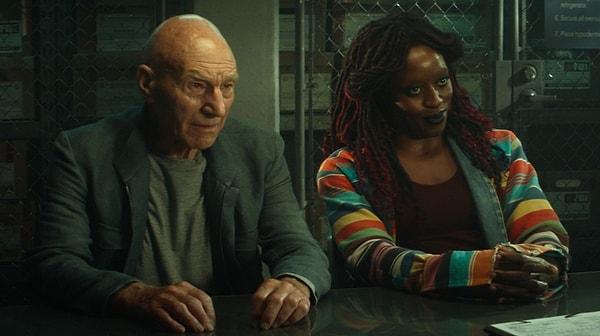
Since its debut in 2020, Star Trek: Picard has received different responses. On the bright side, it was nice to see Patrick Stewart make a comeback after a two-decade hiatus from the franchise.
Though Star Trek: Picard's quality was debatable, it had its positive and some future promise. But the second season that dropped earlier this year dragged the excellent faith through the dirt. Things got confusing, with everyone jumping through alternate timelines and introducing a modern-day time travel story.
We also see the reintroduction of the contentious Borg Queen. The show's exploration lost its appeal with the second season's ridiculous need to introduce a dark and contemplating plotline for Stewart's character. It would have been better just to let the old guy rest.
Altered Carbon

When it launched in 2018, Altered Carbon was the most expensive TV show Netflix had produced, and it's easy to see why. The setting was exquisite, featuring a futuristic cyberpunk universe.
However, the streamer threw in the big bucks only to cancel the show after only two seasons. Then again, the cancelation was justifiable given that Altered Carbon’s season 2 was a major flop.
The first season’s concept was mind-boggling. Humans could use technology to upload their consciousness into a new host, raising questions about morality and mortality.
But season two’s replacement of Joel Kinnaman’s Takeshi with Anthony Mackie was ungratifying. That is what happens when the audience relates to the protagonist's humor and mannerisms only to have him replaced with another.
Altered Carbon season 2 also shifted from the trashy cyberpunk world to a shallow and generic concept, giving a totally different vibe. Its dull plot and cheap action sequences got the show canceled after its second instalment.
Jessica Jones
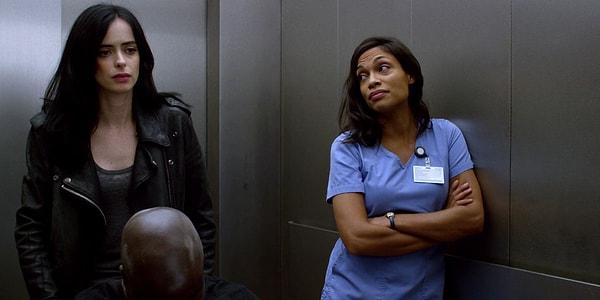
Marvel's Jessica Jones was MCU's second small-screen project after Daredevil. Hopes were high for this female-led TV show.
Season one tackled topics such as assault, coercion and PTSD. Krysten Ritter drove the point home by perfectly portraying the protagonist who fought the salaciously detestable Kilgrave, portrayed by David Tennant.
The first season saw Jessica Jones’ story specifically attached to Kilgrave so, when the antagonist was overcome, at the end of the season, it left a void that no amount of script writing could fill.
The show's latter seasons depicted generic plots and entirely lost the essence of what made it great at the beginning.
Keşfet ile ziyaret ettiğin tüm kategorileri tek akışta gör!

Send Comment